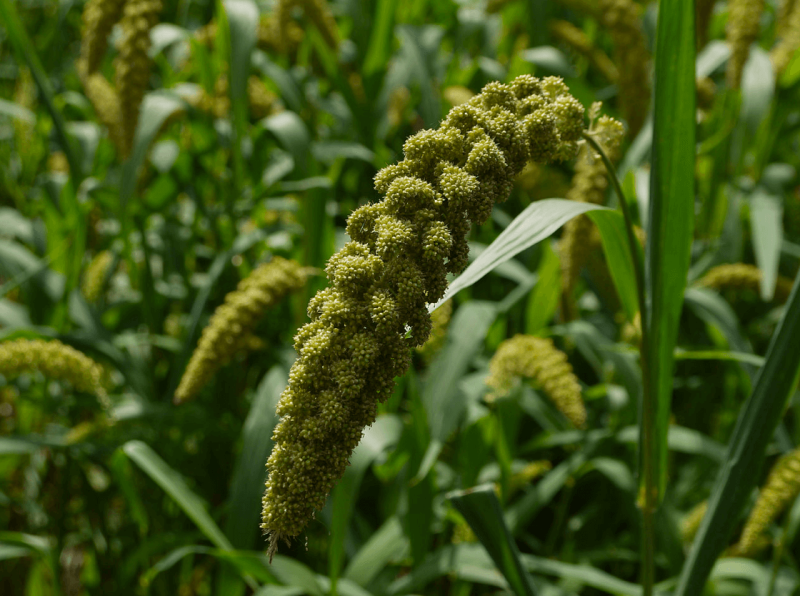East African crop scientists have embarked on a five-year project to conserve indigenous plant genetic resources to improve food security across East Africa. Association for Strengthening Agricultural Research in Eastern and Central Africa (Asareca) executive director Dr Fina Opio said the $8.5 million project funded by the Swedish International Development Corporation Agency, will see scientists across East Africa, including Somalia, Madagascar, and South Sudan collect, store and share information on the available plant genetic resources.
“The project will also enhance the utilisation of the conserved materials by completing the characterisation, evaluation and documentation of the accessed materials,” Dr Opio said.
According to the managing director of Ethiopia-based Climate and Natural Resources Management Consulting, Dr Abebe Demissie Tefera, East Africa has various crops with wild relatives (wild plants closely related to the domestic plant) that exhibit a large gene pool, which could help tackle climate change, pests and diseases.
For example, Uganda, Ethiopia, Kenya, Eritrea and Sudan have a wide collection of genetic resources, including cereals, legumes, oils crops, millets and forage species as well as those with high pharmaceutical values such as Prunus Africana, Warbugia ugandensis, and Fagara macrophilla.
Dr Abebe said sorghum and millet are unusually drought tolerant crops, whose potential can be harnessed to increase production in African countries in response to climate change.
“The wild relatives of these crops probably hold the key to food security and increased agricultural productivity in the region as sources of genes for adaptive traits in the wake of climate change,” Dr Abebe said.
Read full, original article: $8.5m gene project for food security































